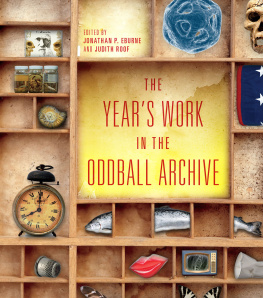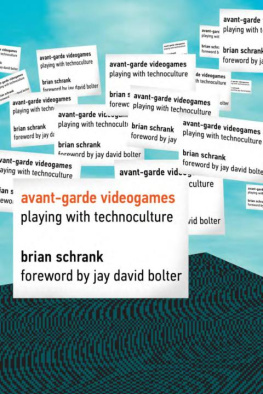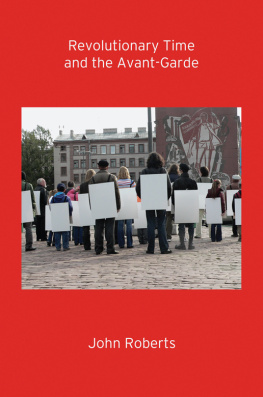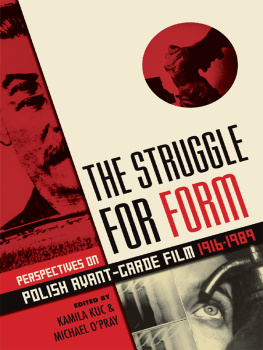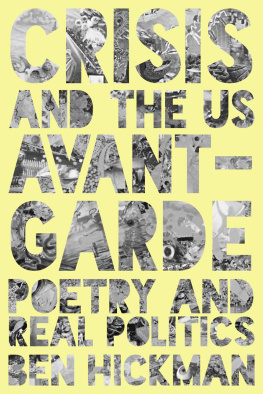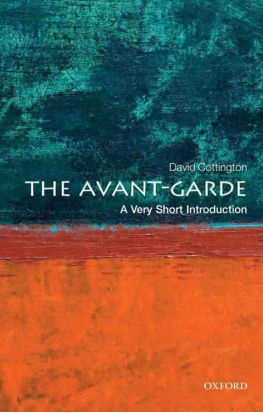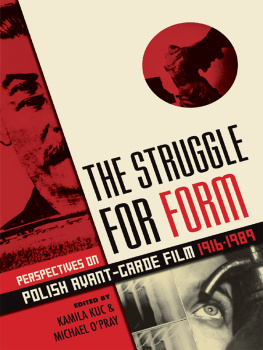
THE
YEARS WORK
IN THE
ODDBALL ARCHIVE
THE YEARS WORK: STUDIES IN FAN CULTURE AND CULTURAL THEORY
EDWARD P. COMENTALE AND AARON JAFFE, EDITORS
The Years Work in Lebowski Studies
Edited by Edward P. Comentale and Aaron Jaffe, Endnote by William Preston Robertson
The Years Work at the Zombie Research Center
Edited by Edward P. Comentale and Aaron Jaffe
EDITED BY
JONATHAN P. EBURNE AND JUDITH ROOF
THE
YEARS WORK
IN THE
ODDBALL ARCHIVE
INDIANA UNIVERSITY PRESS
BLOOMINGTON AND INDIANAPOLIS
This book is a publication of
INDIANA UNIVERSITY PRESS
Office of Scholarly Publishing
Herman B Wells Library 350
1320 East 10th Street
Bloomington, Indiana 47405 USA
iupress.indiana.edu
2016 by Indiana University Press
All rights reserved
No part of this book may be reproduced or utilized in any form or by any means, electronic or mechanical, including photocopying and recording, or by any information storage and retrieval system, without permission in writing from the publisher. The Association of American University Presses Resolution on Permissions constitutes the only exception to this prohibition.
The paper used in this publication meets the minimum requirements of the American National Standard for Information Sciences Permanence of Paper for Printed Library Materials, ANSI Z39.481992.
Manufactured in the United States of America
Cataloging information is available from the Library of Congress.
ISBN 978-0-253-01835-9 (cloth)
ISBN 978-0-253-01847-2 (paperback)
ISBN 978-0-253-01851-9 (ebook)
1 2 3 4 5 21 20 19 18 17 16
THE ODDBALL ARCHIVE
TITLE PAGE
COLLECTION SUMMARY
SCOPE AND CONTENTS
HISTORY OF THE COLLECTION
ORGANIZATIONAL NOTE
ACCESS
ACKNOWLEDGMENTS
COLLECTION SUMMARY
TITLE The Years Work in the Oddball Archive
SPAN DATES ca. 17372013
CALL NO. 978-0-253-01847-2
CREATORS Eburne, Jonathan P. (Editor) and Roof, Judith (Editor)
EXTENT 14 items; 4 boxes; 448 p.; 6.125 x 7 in.
LANGUAGE Collection material in English
LOCATION Indiana University Press
SUMMARY A collection of documents addressing topics from the sidebars of mainstream thought and culture; includes essays and brief interventions on topics ranging from fossils to Dixie cups. Contains illustrations.
FINDING AID PERMALINK Cite or bookmark this finding aid as: iupress.indiana.edu
PERMALINK ONLINE Catalog record for this collection: iupress.indiana.edu/product_info.php?products_id=807762

SCOPE AND CONTENTS
An examination of the massive reality television fixation on picking, storing, pawning, and hoarding.
A discussion of germs, gender, and the Dixie cup archive.
A comparison of vvs and FEMA signs in post-Katrina New Orleans.
Rereading Marcuses odd positioning in the world of political philosophy.
Ponders the ubiquity of iek.
A look at David Lynchs extracinematic art of assemblage and dissection.
Considers Native American and Colonial theories for the extinction of dinosaurs.
How bodies, genes, and H. G. Wells play with heterochronies.
What happens when the archive has too much and not enough.
Anatomizes hoaxes and their dependence on an archive.
Being revolutionary with Thomas Paine and Saint Paul.
What happens when the INS plays with itself.
HISTORY OF THE COLLECTION
THE ODDBALL ARCHIVE
The Oddball Archive is a collection whose full range we are only beginning to explore. Culled from the sidebars of mainstream culture and thought, its holdings document the eccentricities of culture, thought, and archivization alike. There exists a nearly infinite expanse of such material: anomaly, after all, is the perpetual yield of any system. The history of cultural production is replete with abandoned prototypes, rejected models, crackpot theories, and antiquated media; the permutations are endless. We all too often discount the value of this material, however. Though it may be limitless in scope, its idiosyncrasy makes it difficult to take seriously. Subtending what we think of as the legitimate archive of cultural achievement, such oddball material appears as the trivial, the illogical, the irreverent, the irrelevant, the misled. It is the nutty by-product, we might say, of the procedures that distinguish the true from the false, the major from the minor, or the model from the shards.
The modern age is no stranger to such material. The history of ideas is replete with connoisseurs of the cabinet of curiosities and the loose collection of odds and ends. Medieval church reliquaries and Renaissance collections of natural curiosities gave rise to the taxonomic imperatives of the Encyclopdistes and other scientific catalogers of the known world. During the Enlightenment, the Wunderkammer gave way to the museum. Whether the disjecta membra of intellectual history or the very objects of fascination that fuel advances in science, exploration, and industry, these various assemblages of the odd and interesting offer telling lessons about the boundaries of modern reason. Of equal importance is their capacity to record, store, and bear witness to endeavors that might help us better understand the nature of oddity itself. What kinds of ideas and fantasies do such collections hold? Why should we care about the odd?
One of the great contemporary archivists of cultural oddity is the American sleight-of-hand artist and polymath Ricky Jay, whose career traces the conjoined appeal of cultural anomaly and archival collection. His recent book, Celebrations of Curious Characters (with David Mamet, 2011), conjures the broad reach of entertainment history as a saga of inventive foolery and expert sleight-of-hand and, most importantly, as an archive of tricks handed down from one con artist to another. Like Harry Houdini, himself the author of at least seven books on magic and deception, cons and escapes, Jay is a fan of conjuring who curates the curious as both expos and entertainment in itself. Jays archive of the extraordinary testifies to the collective knowledge of the oddball to the preservation, presentation, and unmasking of three centuries of diversions whose value lies precisely in the ways they divert spectators funds, attention, and credulity.
Jays oddball archive exists in two forms. Not only does he maintain his own extensive collection of original broadsheets, advertisements, descriptions, images, and promotional materials from three centuries of shows, but he has also published materials from his collection in a series of books: in addition to Celebrations of Curious Characters, these books include Extraordinary Exhibitions: Broadsides from the Collection of Ricky Jay (2005), Jays Journal of Anomalies (2003), Dice: Deception, Fate, and Rotten Luck (2002), and Learned Pigs and Fireproof Women (1986). Whatever forms of attention or fascination might be said to sustain Jays devotion to collecting oddities, the urge to publish and circulate a set of essays, lectures, and books dedicated to this collection seems no less strong.
What is it about the oddball that invites archivization? The odd invites preservation on account of its very idiosyncrasy. Its evident deviation from the typical encourages preservation, admiration, and even fandom. Just as institutions construct archives for their records and proceedings, and just as the state creates archives for documenting the births, marriages, deaths, and laws of its citizens, so too do fans and collectors forge archives for the atypical. Such oddball archives document the idiosyncratic particulars of a collectors experience, or the desire to demonstrate the power of an exception. Not all archives record this kind of data, however. As the German media theorist Wolfgang Ernst reminds us, archives are no longer always dusty and forgotten; the gaps and discontinuities that necessarily open up in the historical record are no longer always secret, owing at once to radical shifts in the technology of data storage and to the resulting Oddity is more than a by-product of, or exception to, mainstream recordkeeping; bearing an unreason proper to its eccentricity to the broader order of things, oddity requires an archive of its own.
Next page
